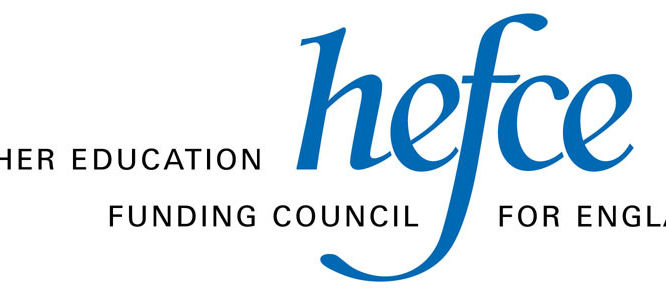Funding for projects at 27 universities under Higher Education Funding Counci...
Funding for projects at 27 universities under Higher Education Funding Council for England's (HEFCE) Revolving Green Fund (RGF) was announced on Thursday 12 January 2012.
The awards have been made to four major projects and 24 smaller-scale programmes at higher education institutions, and collectively they will receive nearly £11 million. All are designed to reduce harmful carbon emissions. In this, the second round of the RGF, the four major projects enable existing buildings on a campus to be retrofitted to reduce energy consumption. This work is collectively predicted to reduce CO2 emissions by around 18,500 tonnes per year.
Steve Egan, Deputy Chief Executive of HEFCE, said: 'Improving energy efficiency in the higher education sector is not all about new-build programmes. These four retrofit projects will demonstrate the significant gains to be made by improving the efficiency of existing buildings and equipment.'
The awards have been made to four major projects and 24 smaller-scale programmes at higher education institutions, and collectively they will receive nearly £11 million. All are designed to reduce harmful carbon emissions. In this, the second round of the RGF, the four major projects enable existing buildings on a campus to be retrofitted to reduce energy consumption. This work is collectively predicted to reduce CO2 emissions by around 18,500 tonnes per year.
The four retrofit projects
- The University of Exeter project focuses on Cornwall House, an energy-wasteful 1960s building on the university campus. Retrofitting will radically improve the energy rating of the building. The project will focus on 12 kinds of retrofit, including fabric improvements, metering and ventilation improvements.
- The University of Derby project is to install Light-Emitting Diode (LED) lighting throughout the campus. Fluorescent lamps will be replaced with LED lights and controls will ensure that lights are only illuminated when needed, significantly reducing electricity consumption.
- The project at the University of Bradford is to transform the library from an energy-intensive 'E' rated building to an 'A' rating that will deliver a service for future generations with minimal environmental impact. The space will also be altered to provide greater flexibility of use.
- The Plymouth University project is to create the world's first integrated Information Communication Technology (ICT) and Building Energy Management System (BEMS), a system that can control all energy-consuming devices and systems in public or private buildings. The aim is for this to lead to step-changes in energy performance and behavioural change at the university.
Steve Egan, Deputy Chief Executive of HEFCE, said: 'Improving energy efficiency in the higher education sector is not all about new-build programmes. These four retrofit projects will demonstrate the significant gains to be made by improving the efficiency of existing buildings and equipment.'











